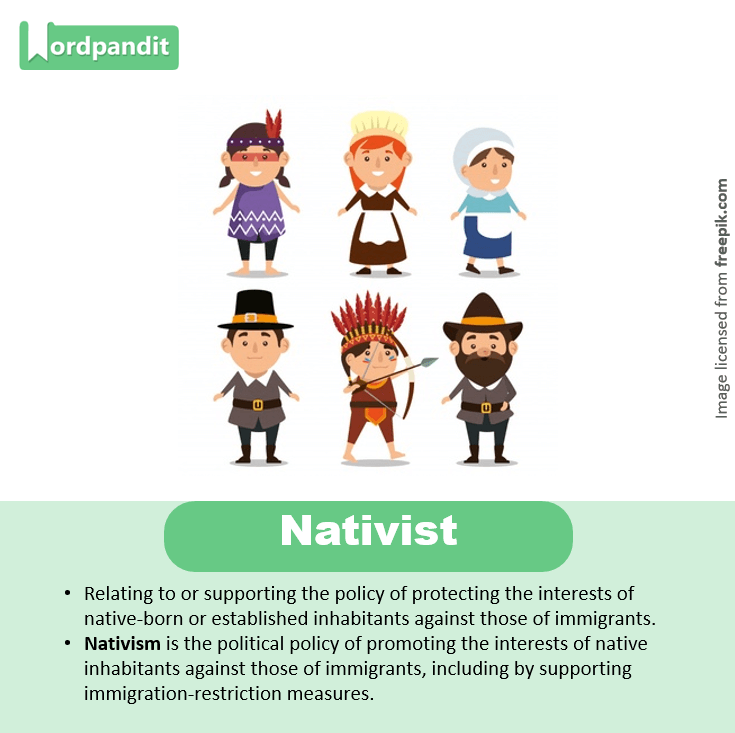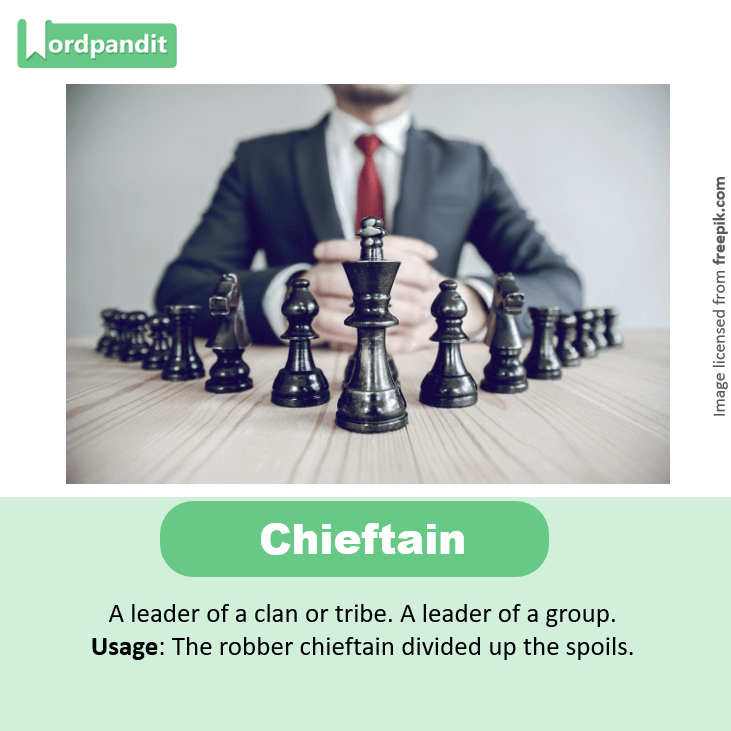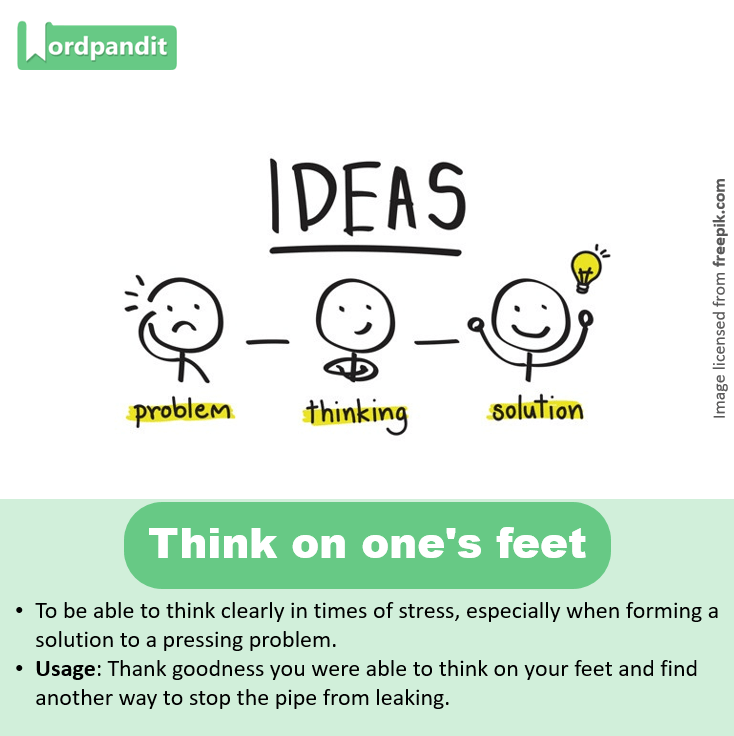1. Global value chain
• In development studies, the global value chain describes the people and activities involved in the production of a good or service and its supply, distribution, and post-sales activities when activities must be coordinated across geographies.
Usage: Over the last two decades, world trade and production have become increasingly organized around global value chains.
2. Psychological nativism
• In the field of psychology, nativism is the view that certain skills or abilities are “native” or hard-wired into the brain at birth.
• Relating to or supporting the theory that concepts, mental capacities, and mental structures are innate rather than acquired by learning.
Usage: A picture of human knowledge acquisition based on neo-empiricism would consequently look quite di↵erent from one based on developmental psychological nativism.
3. Nativist
• Relating to or supporting the policy of protecting the interests of native-born or established inhabitants against those of immigrants.
• Nativism is the political policy of promoting the interests of native inhabitants against those of immigrants, including by supporting immigration-restriction measures.
Usage: In 19th-century America, nativists resented the new influx of Catholic immigrants.

4. Sovereign immunity
• Sovereign immunity, or crown immunity, is a legal doctrine by which the sovereign or state cannot commit a legal wrong and is immune from civil suit or criminal prosecution, strictly speaking in modern texts in its own courts. A similar, stronger rule as regards foreign courts is named state immunity.
5. Chieftain
• A leader of a clan or tribe. A leader of a group.
Usage: The robber chieftain divided up the spoils.

6. Cut no ice/not cut much ice
• To not cause someone to change their opinion or decision
Usage: I’ve heard her excuses and they cut no ice with me.
7. Think on one’s feet
• To be able to think clearly in times of stress, especially when forming a solution to a pressing problem.
Usage: Thank goodness you were able to think on your feet and find another way to stop the pipe from leaking.

8. Standstill agreement
• An agreement to maintain the present state of affairs, especially one made between two countries in which a debt owed by one to the other is held in abeyance for a specified period.
• A standstill agreement was an agreement signed between the newly independent dominions of India and Pakistan and the princely states of the British Indian Empire prior to their integration in the new dominions.
• (Legal) A standstill agreement is an agreement between the company and its creditors restraining creditor enforcement action.
Usage: India’s capital markets regulator Thursday said that mutual funds can’t enter into any kind of ‘standstill agreement’ with their borrowers, reiterating the primacy of existing rules for financial market entities.
9. Sterling
• (Of a person or their work or qualities) Excellent or valuable.
Usage: This organization does sterling work for youngsters.
10. Flare-up
• A sudden outburst of something, especially violence or hostility.
Usage: Thousands of pro-independence demonstrators – mostly masked youths – took to the streets in the first flare-up in violence after a week of tense calm.













